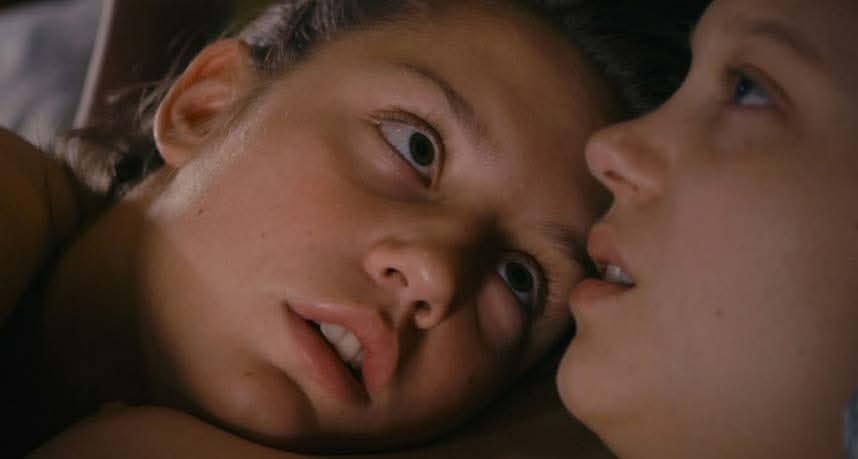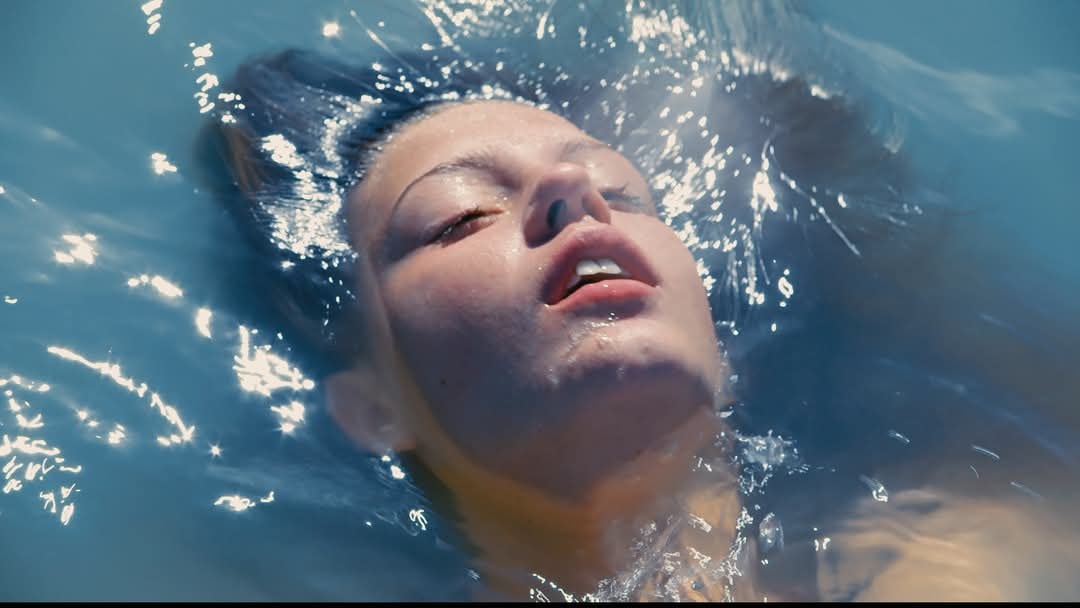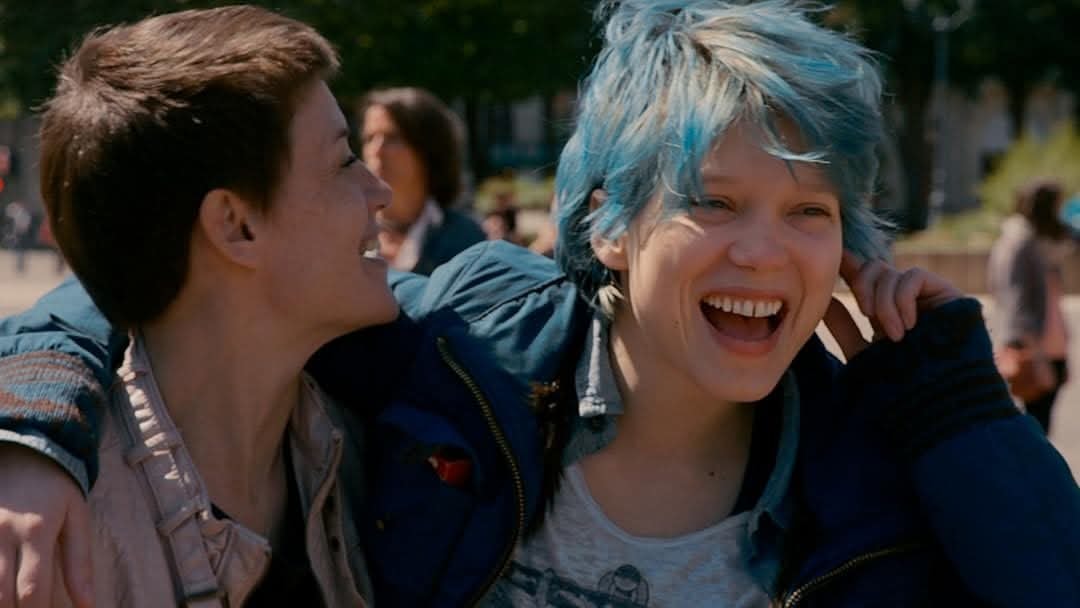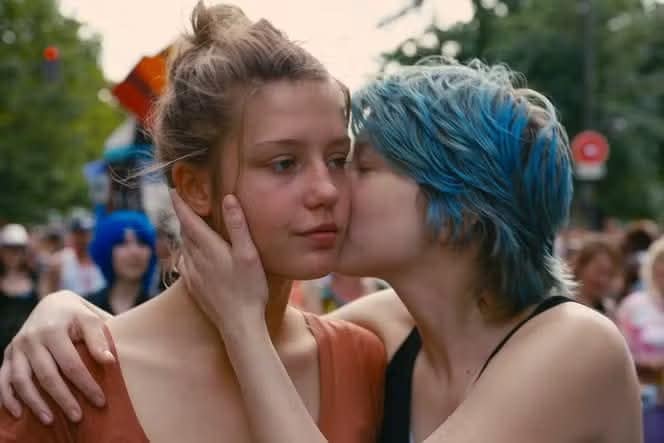Blue Is the Warmest Colour (2013)

Blue Is the Warmest Colour (2013) is a groundbreaking romantic drama directed by Abdellatif Kechiche. The film follows the passionate and tumultuous relationship between Adèle, portrayed by Adèle Exarchopoulos, and Emma, played by Léa Seydoux. Beginning with Adèle’s exploration of her sexual identity as a high school student, the narrative delves into the profound emotional and physical connection that develops between the two women. Their relationship is marked by intense love, heartache, and self-discovery, reflecting the complexities of young love and the challenges of societal acceptance.

Kechiche’s direction is marked by a raw and intimate approach, capturing the nuances of the characters’ experiences with an unflinching gaze. The cinematography, also by Kechiche, employs long takes and close-ups, allowing viewers to engage deeply with the characters’ emotions. The film’s portrayal of love is both tender and visceral, highlighted by its explicit scenes that evoke a sense of authenticity. Exarchopoulos delivers a remarkable performance, embodying Adèle’s journey from innocence to self-awareness, while Seydoux brings depth to Emma’s character as a confident and artistic presence in Adèle’s life. Blue Is the Warmest Colour received critical acclaim for its honest depiction of a same-sex relationship, winning the Palme d’Or at the Cannes Film Festival. Its exploration of love, identity, and the challenges faced by LGBTQ+ individuals has resonated with audiences worldwide, solidifying its status as a landmark film in queer cinema.

Adèle (Adèle Exarchopoulos) is a high school student in France, struggling with her sexual identity. After an unfulfilling relationship with a boy, she has a chance encounter with Emma (Léa Seydoux), a free-spirited, blue-haired artist. Their connection is instant, leading Adèle into a passionate love affair that transforms her life.
As time passes, Adèle and Emma’s relationship is tested by personal ambitions, social expectations, and emotional insecurities. While Adèle seeks stability and belonging, Emma desires artistic freedom and exploration.
Their love is beautiful but flawed, and as the years go by, the two women must confront the painful realities of growing apart.

Blue Is the Warmest Colour is a visceral, heartbreaking, and deeply affecting film about love, loss, and personal growth. It’s a beautiful yet painful portrait of first love, capturing its highs and devastating lows with breathtaking realism.
While the film is emotionally powerful, it also raises discussions about representation, gaze, and the ethics of filmmaking.
Would you say it’s one of the best modern love stories, or do you think it could have been handled differently?











